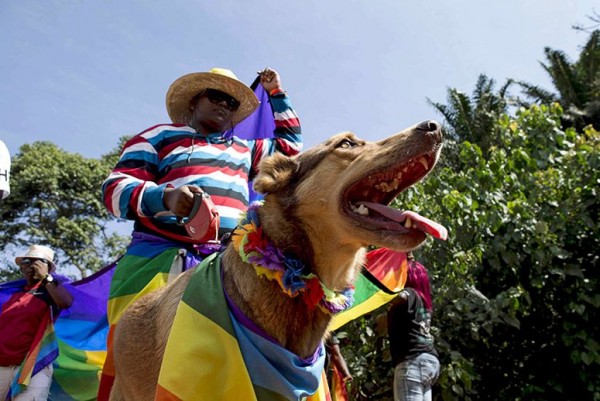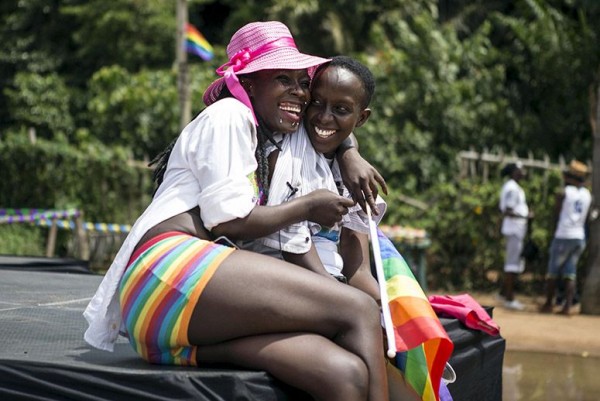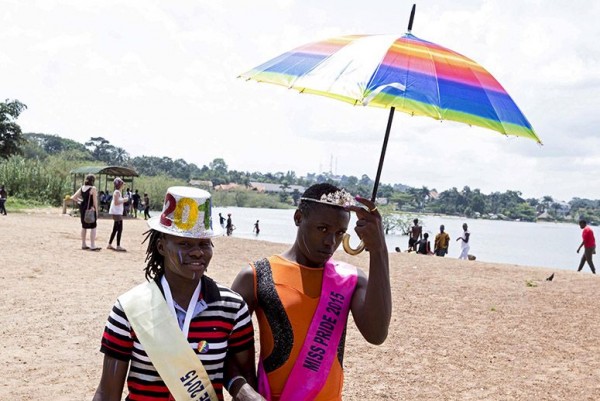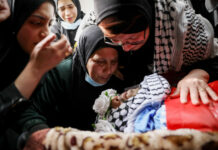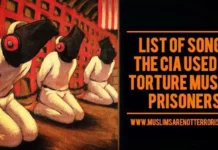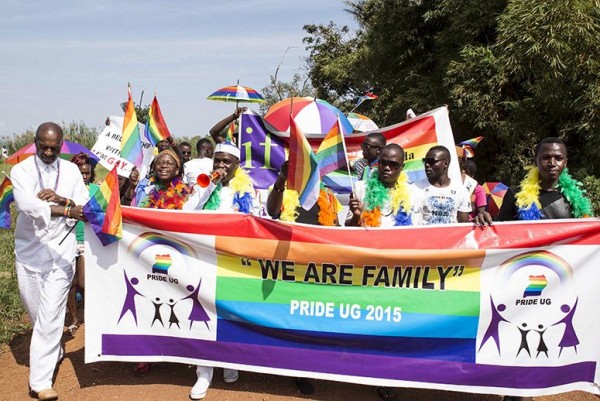
In August of 2014, Uganda’s Constitutional Court overturned the Anti-Homosexuality Act, which called for a life sentence for people found guilty of “aggravated homosexuality” in the country.
Many lesbians, gays, bisexuals and transgender people (LGBT), together with their supporters, marched on August 8th, 2015 with their rainbow flags and umbrellas at a private (secret) location outside the country’s capital of Kampala.
Uganda is a small landlocked country in East Africa and LGBT activists have been advocating for equal rights for all citizens regardless of their sexuality for many years now in the country.
Before the ‘life sentence’ bill was passed, the bill that preceded it included the death penalty for people found guilty of a homosexual act. Overturning the life sentence means the country is moving gradually to the point where homosexuals can openly live their lives in the conservative traditional African country without being intimidated. The event being held was the culmination of a week of pride festivities, including a transgender awareness day and some film screenings.
But activists say, despite these modest gains recently, it is still not easy to be gay in Uganda. Homosexuality remains illegal and is punishable with a jail sentence but not life imprisonment anymore. Many people also believe being gay is taboo.
Take Part said there still remains substantial threats of violence, workplace and housing discrimination and other human rights violations against LGBTs.
This forces many LGBT Ugandans to hide their identity and live in secret. It is said that the culture of intolerance was largely introduced by American fundamental evangelicals, who fused religious doctrine with financial aid during mission trips in the colonial era.
Kapya Kaoma, a senior researcher at Political Research Associates — a think tank monitoring anti-LGBT sentiment in Africa — told media outlets he is “conflicted” with the Ugandan LGBT pride celebration in Uganda.
“It increases visibility, but it also perpetuates a falsehood that African sexual minorities are copies of their western counterparts. The LGBTQ community in Uganda is bigger than visible activists. The most vulnerable are those who have no profile and live in poor places of Uganda. Their stories and voices are not heard,” The Guardian quoted him as saying.
Meanwhile, many local media reports suggest members of the Christian-dominated parliament of the country are looking for ways to crack down on LGBT activists, including legislation that would ban the, “promotion of homosexuality.”
As it stands now, statistics show that same sex relationships are illegal in 36 of the continent’s 55 countries, and most of them have never held pride events such as the one that took place in Uganda.
Get Your Anonymous T-Shirt / Sweatshirt / Hoodie / Tanktop, Smartphone or Tablet Cover or Mug In Our Spreadshirt Shop! Click Here
You want to support Anonymous Independent & Investigative News? Please, follow us on Twitter: Follow @AnonymousNewsHQ
This Article (LGBT Rights In Africa: LGBTs Celebrate One-Year Of Lessening Of Ant-Homosexuality Law In Uganda) is free and open source. You have permission to republish this article under a Creative Commons license with attribution to the author and AnonHQ.com.


